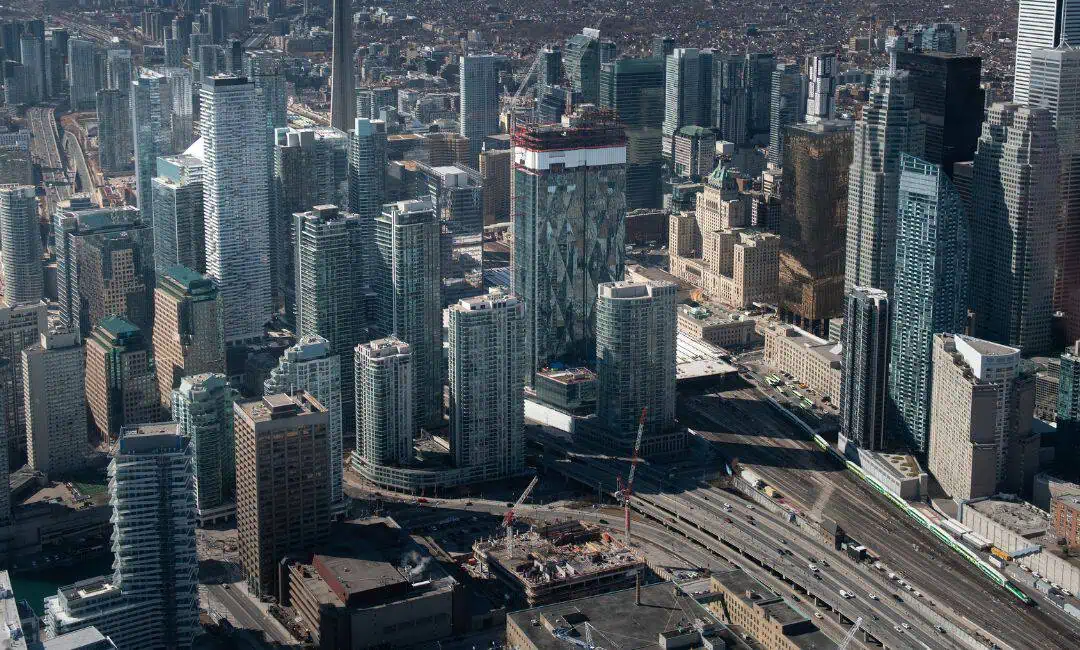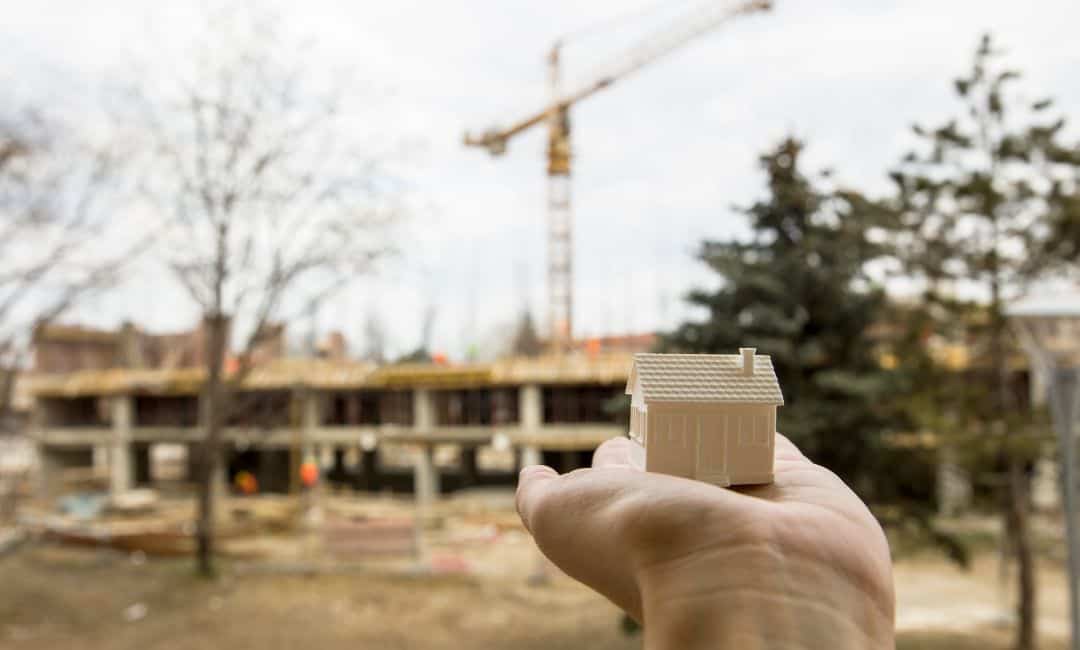Unveiling the Interim Occupancy Period: Understanding Its Role in Real Estate Transactions

The interim occupancy period is a vital and misunderstood phase in real estate transactions. It refers to the time between when a buyer takes possession of a newly constructed property and when the final closing takes place.
During this period, buyers have the opportunity to occupy and live in the property while paying an interim occupancy fee. However, navigating this transitional phase can be complex, as it involves different responsibilities, rights, and financial considerations for both buyers and builders.
What is Interim Occupancy?
When buying a new construction property, the period between when you take possession of the unit and when the title is officially transferred to you is known as the interim occupancy period. It’s essentially a waiting period where you can start living in your new home, but you’re not considered the legal owner just yet.
The Role of Interim Occupancy in Real Estate Transactions
Interim occupancy is an important phase in real estate transactions because it allows buyers to move into their new homes before construction is fully completed. It gives them a chance to settle in and get a feel for the property while the final touches are being made. During this time, buyers also have several rights and responsibilities that need to be understood and managed.
Defining Interim Occupancy
Interim occupancy refers to the period between when a buyer takes possession of a new construction property and when the title is officially transferred. It’s like a temporary arrangement where the buyer lives in the property, paying the builder an occupancy fee, while the final legal processes are completed.
Purpose and Importance of Interim Occupancy Period
The purpose of the interim occupancy period is to allow buyers to start enjoying their new property before it’s fully completed. It provides a sense of convenience and flexibility, allowing buyers to move in sooner rather than waiting for the entire construction process to be finished. This period is also important for the builder to complete any remaining work and resolve any outstanding issues before the title is transferred.
Key Players and Responsibilities During Interim Occupancy

1. Buyer’s Responsibilities
As a buyer during the interim occupancy period, you have certain responsibilities. These may include paying occupancy fees as outlined in the agreement, following any rules or regulations set by the builder, and taking care of the property as if it were your own. It’s important to read and understand your rights and obligations as specified in the agreement.
2. Builder/Developer’s Responsibilities
During the period, the builder or developer is responsible for completing any remaining construction work, addressing defects or deficiencies, and ensuring that the property meets the agreed-upon standards. They must also provide necessary services and utilities to the occupants during this period.
3. Role of Real Estate Agents and Lawyers
Real estate agents and lawyers play a crucial role in guiding buyers through the period. They help negotiate the terms of the agreement, ensure buyer’s rights are upheld, and provide legal advice throughout the process. They also help facilitate communication between the buyer and the builder to address any concerns or issues that may arise.







